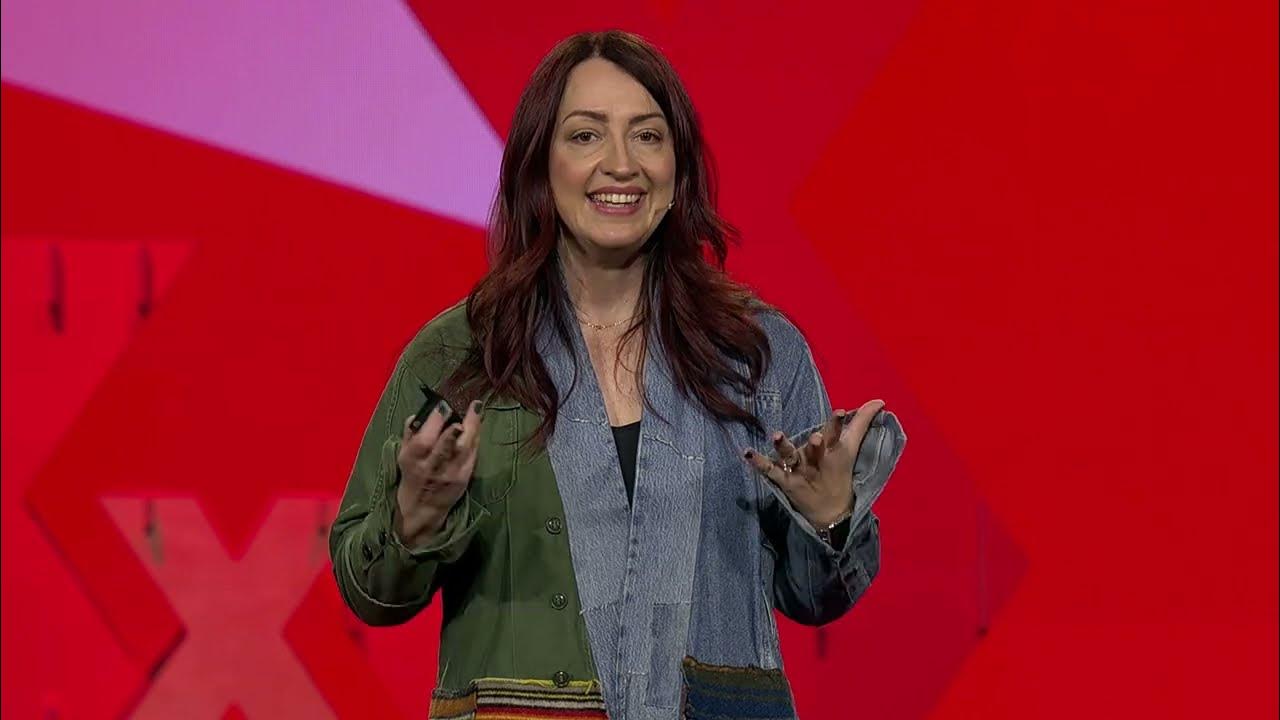Cultural Competency- For Providers
Summary
TLDRThe transcript details the experiences of Njma, a Somali refugee, as she navigates the US healthcare system while pregnant. Initially overwhelmed by cultural differences, she struggles with appointment timings, medical terminology, and the unfamiliar healthcare process. After healthcare providers attend cultural competency seminars, they better understand Njma's background, leading to improved communication and care. Njma eventually becomes a community partner, helping bridge the gap for others like her.
Takeaways
- 😔 The script discusses the struggles of refugee children who, despite appearing normal, carry invisible scars from their experiences.
- 🌟 It highlights the importance of understanding and addressing the emotional and psychological needs of these children.
- 🏠 The transition to a new country like the United States comes with its own set of challenges, including the pressure to assimilate quickly.
- 🤰 The story of Njma, a Somali woman, illustrates the cultural barriers faced by refugees in accessing healthcare.
- 🕰️ Njma's initial experience with the healthcare system was marked by confusion and misunderstanding due to differences in cultural practices.
- 📝 The script emphasizes the significance of cultural competency in healthcare, where understanding and respecting patients' cultural backgrounds is crucial.
- 👩⚕️ The healthcare team's participation in cultural competency seminars led to improved communication and care for patients like Njma.
- 📆 The importance of punctuality and the structure of appointments in Western healthcare systems is a stark contrast to the more flexible approach in some cultures.
- 🩺 The script underscores the value of community involvement in healthcare, as seen when the local Somali community helped tailor care to Njma's needs.
- 🌐 It concludes by advocating for increased cultural competency in healthcare to ensure equitable and effective treatment for all patients.
Q & A
What challenges did the children in the script face after arriving in the United States?
-The children faced the challenge of assimilating into a new culture while dealing with the emotional trauma of their past experiences. They were expected to function normally but struggled with invisible scars from war and displacement.
Why did some of the children not make it through their struggles?
-Some children did not make it due to joining gangs or succumbing to depression, as they lacked the support and understanding needed to cope with their past traumas.
What was the cultural expectation for children in the script's home country?
-In their home country, the cultural expectation was for children to be seen but not heard, with no one attending to their emotional needs after experiencing war and displacement.
How did the healthcare system in the United States differ from what Njma was used to in Somalia?
-In Somalia, patients wait to be seen by a doctor without set appointment times, and there are no forms to sign. In the United States, Njma encountered strict appointment schedules, forms for record-keeping, and a team of healthcare professionals including nurses and lab technicians.
Why was Njma confused about her first healthcare appointment in the United States?
-Njma was confused because she was used to a different healthcare system where there were no set appointment times, no forms to fill out, and a more personalized approach with doctors. The American system's structure and paperwork were unfamiliar to her.
What was the misunderstanding regarding the purpose of the forms Njma had to fill out at the clinic?
-Njma was unsure about the forms, thinking they might be used against her by the police. She later learned they were for medical records to ensure continuity of care and were confidential.
Why did Njma throw away the list of iron-rich foods provided by the clinic?
-Njma threw away the list because it contained foods she was unfamiliar with and did not know how to cook. It did not align with her cultural dietary practices.
How did the healthcare team improve their approach to treating patients like Njma?
-The healthcare team attended cultural competency seminars to better understand and treat patients from different cultural backgrounds. They learned about Somali culture and how to use cultural bridging techniques for effective communication.
What role did Njma's neighbor play in helping her navigate the healthcare system?
-Njma's neighbor recognized the difficulties Njma faced during her first appointment and took the initiative to schedule another appointment for her, ensuring she received the necessary care.
How did the healthcare team adapt their communication to better serve Njma during her second appointment?
-The team provided a reminder call, explained the importance of punctuality, and the purpose of the forms and medical procedures in a way that was culturally sensitive and understandable to Njma.
What was the significance of the second list of iron-rich foods provided to Njma?
-The second list was significant because it included foods that were familiar to Njma and could be easily obtained in her local community, making it more relevant and useful for her dietary needs during pregnancy.
Outlines

此内容仅限付费用户访问。 请升级后访问。
立即升级Mindmap

此内容仅限付费用户访问。 请升级后访问。
立即升级Keywords

此内容仅限付费用户访问。 请升级后访问。
立即升级Highlights

此内容仅限付费用户访问。 请升级后访问。
立即升级Transcripts

此内容仅限付费用户访问。 请升级后访问。
立即升级浏览更多相关视频

Who Let Them In? Malcolm Fraser's decision to bring in Muslim refugees - The Bolt Report

Syrian Boy Struggles to Adjust to School in Manchester | Educating | Our Stories

The Safe House by Sandra Nicole Roldan - Audiobook Project in 21st Century Literature

Design can change the way you see the world | Dana Tomić Hughes | TEDxSydney

Why We Should Draw More (and Photograph Less)

O capítulo dos chapéus - #AUDIOLIVRO - Machado de Assis
5.0 / 5 (0 votes)
